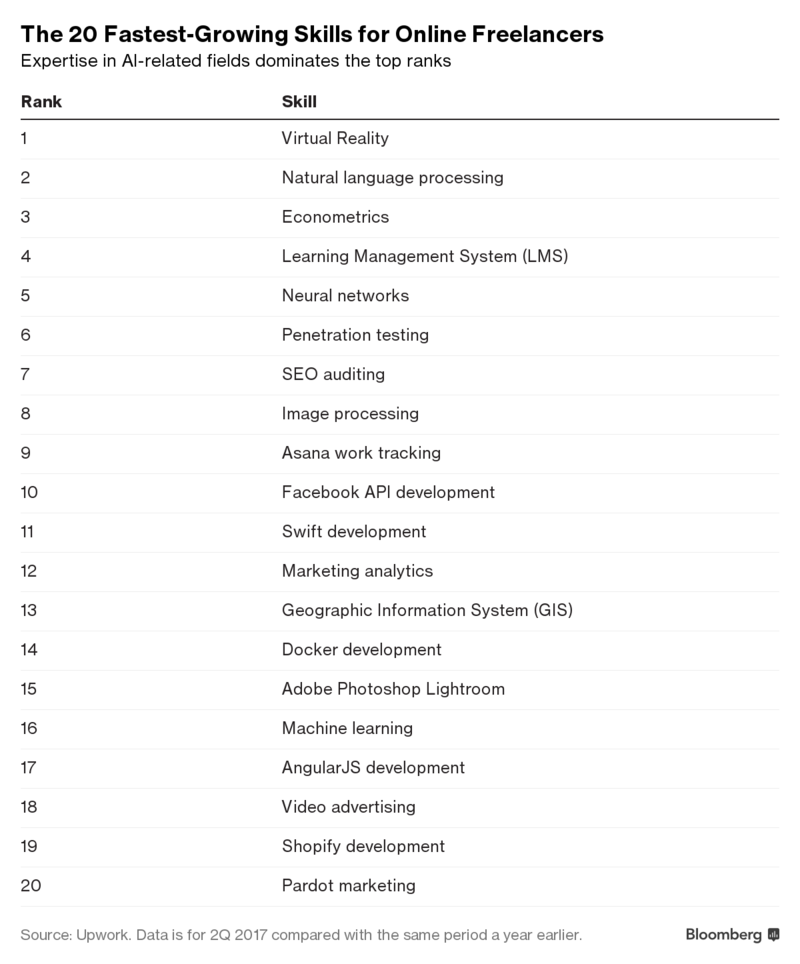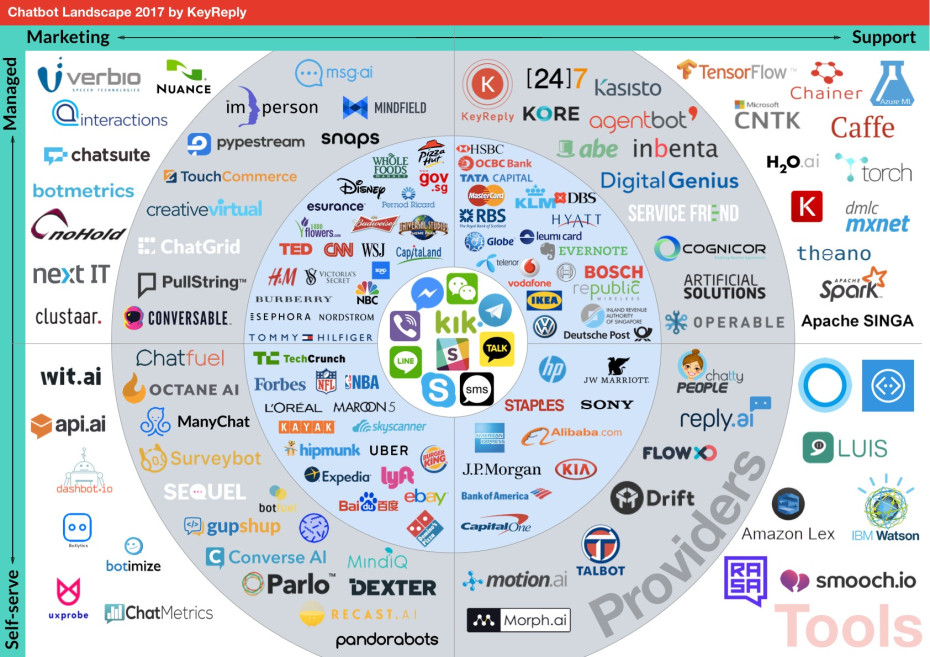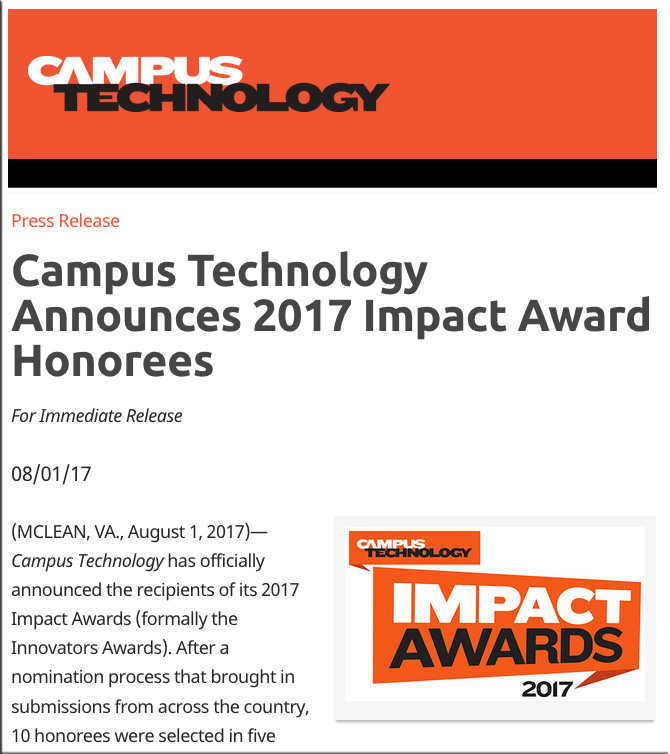Digital Ivy: Harvard Business School’s Next Online Program — from edsurge.com by Betsy Corcoran
Excerpts:
A triad of Harvard institutions—its business School, the Harvard John A. Paulson School of Engineering and Applied Sciences (SEAS), and the department of statistics—are teaming up with Maryland-based digital education company, 2U, to offer an online executive education certificate in business analytics.
…
Orchestrating a cross-disciplinary program is no small feat, particularly at Harvard. “This was really hard [for Harvard] to pull off,” Paucek says. “It’s an intense, cross-disciplinary new offering from a school founded in 1636. The field is new, the offering of a complex blended certificate is new, and it’s being done with HBS, SEAS and the faculty, all blessed by the central administration. And it’s powered by an outside company that’s only 10 years old.”
The bottom line: HBS, Harvard SEAS and FAS faculty all want to put their imprint on the topic that is mesmerizing nearly every type of organization.
Also see:
Excerpt:
Andrew Ng a soft-spoken AI researcher whose online postings talk loudly.
A March blog post in which the Stanford professor announced he was leaving Chinese search engine Baidu temporarily wiped more than a billion dollars off the company’s value. A June tweet about a new Ng website, Deeplearning.ai, triggered a wave of industry and media speculation about his next project.
Today that speculation is over. Deeplearning.ai is home to a series of online courses Ng says will help spread the benefits of recent advances in machine learning far beyond big tech companies such as Google and Baidu. The courses offers coders without an AI background training in how to use deep learning, the technique behind the current frenzy of investment in AI.
From DSC:
For those of you who shun online learning and think such programs will dilute your face-to-face based brands — whether individual colleges, universities, faculty members, provosts, deans, IT-based personnel, administrators, members of the board of trustees, and/or other leaders and strategists within higher education — you might want to intentionally consider what kind of future you have without a strong, solid online presence. Because if one of the top — arguably thee top — universities in the United States is moving forward forcefully with online learning, what’s your story/excuse?
And if one of the top thinkers in artificial intelligence backs online learning, again…what’s your story/excuse?
If Amazon.com dominates and Sears (and related retail stores who were powerhouses just years ago) are now closing…you are likely heading for major trouble as the world continues down the digital/virtual tracks — and you aren’t sending any (or very few) cars down those tracks. You won’t have any credibility in the future — at least not in the digital/virtual/online-based realms. Oh, and by the way, you might want to set some more funding aside for the mental and physical health of your admissions/enrollment teams in such situations…as their jobs are going to be increasingly stressful and difficult in order to meet their target numbers.
Also see:














